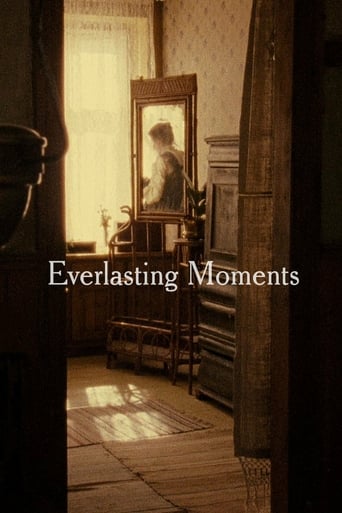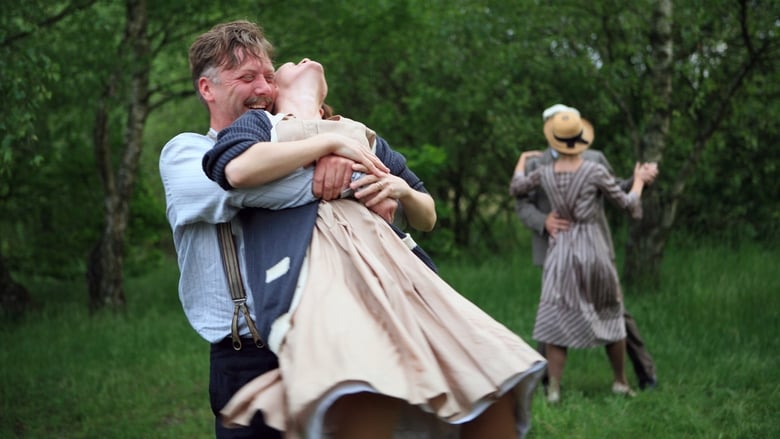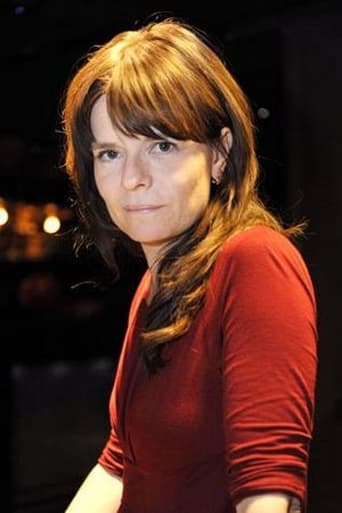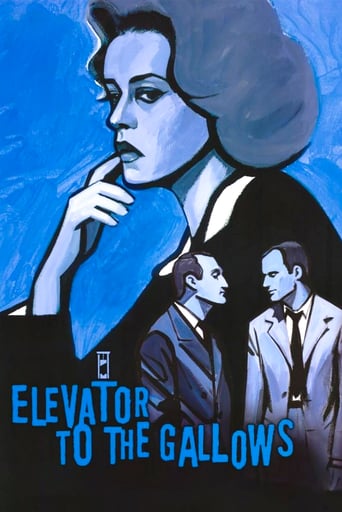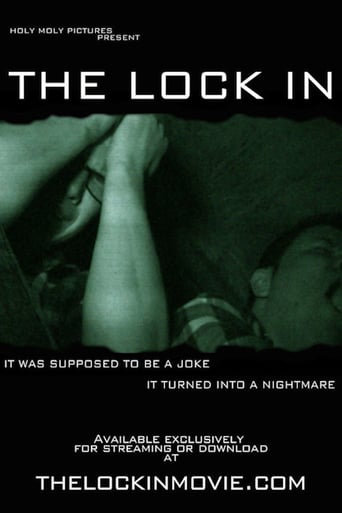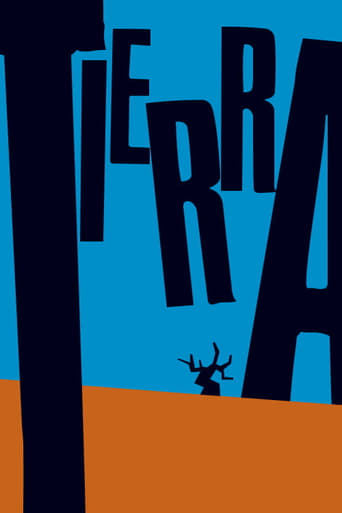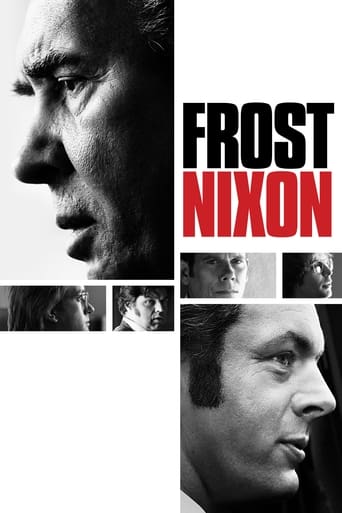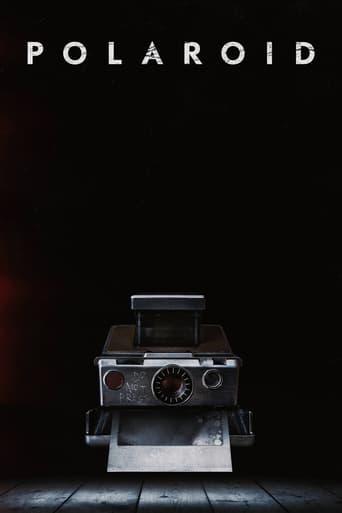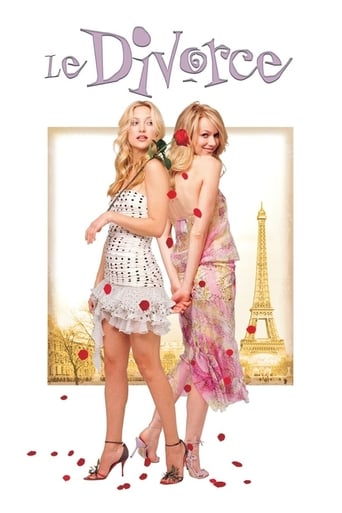Everlasting Moments (2008)
In a time of social change and unrest, war and poverty, a young working class woman, Maria, wins a camera in a lottery. The decision to keep it alters her whole life.
Watch Trailer
Free Trial Channels
Cast


Similar titles
Reviews
hyped garbage
I cannot think of one single thing that I would change about this film. The acting is incomparable, the directing deft, and the writing poignantly brilliant.
While it doesn't offer any answers, it both thrills and makes you think.
The storyline feels a little thin and moth-eaten in parts but this sequel is plenty of fun.
The debate over whether photography can be considered an art form has been going on since the early 19th century, yet one thing is certain – to be successful, a photograph must combine both technical excellence and inspiration. Like most artistic endeavors, taking quality pictures can be a transforming experience. As photographer Jan Phillips stated, "There is something about this work, something healing about this search for the light." This was definitely the case for Maria (Maria Heiskanen), a beleaguered housewife in Jan Troell's lovely Everlasting Moments, who uses her camera as a means of saving her soul and probably her sanity.The film, Sweden's submission for an Oscar in 2008 for Best Foreign Film, was adapted by Troell from a novel written by his wife Agneta that was based on the life of a member of her family, Maria Larsson. Set in Sweden in the early 1900s, the real Maria's life story and photographs are shown in the film which is brimming with period detail and strong characterizations. Maria must scrape out a living sewing and cleaning to support a family of seven children while putting up with philandering and abusive husband Sigfrid (Mikael Persbrandt), who works sporadically as a laborer when he is sober. Though he joins the local Temperance Society, his will is not very strong and he repeatedly falls off the wagon.Up against repeated financial problems, Maria offers to sell the camera that she won in a lottery but is persuaded by the camera shop owner Sebastian Pedersen (Jesper Christensen) to first try and use it herself, though he agrees to purchase it in the future. Buoyed by Sebastian telling her that, "not everyone is endowed with the gift of seeing," Maria begins to take photos under Sebastian's guidance and is astonished at the wonders it performs. She begins to capture some of the everlasting moments of the film's title, using her gift of "seeing" to supplement the family income. Slowly she develops her art while having to constantly fend off Sigge's jealous tantrums.Maria takes portraits of her neighbors at Christmas, a stunning image of a recently deceased young girl lying on a table, a parade of Socialists seen from her window, a street puppeteer, and an image of the shadow of a zeppelin flying overhead. Sebastian encourages Maria to develop her skills and is ecstatic when one of her photographs is used by the local newspaper. He offers her a job in the studio but she turns it down because of her family obligations. Troell even implies that the photographer has fallen in love with her but conventions at the time do not permit its expression.The drama depicts Maria's courageous struggle to stay afloat financially when her husband is either not working or is sent to prison for drunkenness or threatening behavior towards his family. Daughter Maja (Callin Ohrvall), the film's narrator, helps the family considerably by taking care of her younger siblings and by working as a maid for a wealthy family until she is assaulted by the woman's brother. In spite of all logic and seeming common sense, she stays with Siegfried, influenced by her father's reminder of her sacred oath made during the wedding ceremony to stay together, "till death do us part." Everlasting Moments is rich in the quality of the performances, especially that of Maria Heiskanen as the courageous woman who breaks through her limitations of gender and class to experience life in a new way. Jesper Christiansen is equally strong as the devoted friend who encourages her to keep going when she wants to quit. Though Maria does not become famous or wealthy from taking pictures, her art allows her to keep up her spirits during her most difficult periods. Kudos are due to the immense talent of 78 year-old director Jan Troell, noted for The New Land and Hamsun, who, in Everlasting Moments, infuses the dark shadows of a troubled life with ineffable beauty.
EVERLASTING MOMENTS ('Maria Larssons eviga ögonblick') is a quiet, gentle masterpiece of film-making. The screenplay by Niklas Rådström, based on a story by Agneta Ulfsäter-Troell and director Jan Troell, is so free of the expected extended dialogues that accompany films of this nature that it allows the magic of the period piece set in early 20th century Sweden to rely on the beauty of the cinematography by Mischa Gavrjusjov and Jan Troell and the subtle and simple film score by Matti Bye (with a little help from Massenet!). Filmed in the color scheme suggestive of the distinguished Danish painter Vilhelm Hammershøi, never straying far from sepia tones that ignite the solitude and light of the Nordic countries, this film could probably be successful as a silent movie - that is how powerful the production is. We are told in the voice over introduction that Maria Larsson (the exceptional Finnish actress Maria Heiskanen) won a camera in a lottery and the only way she would share the strange prize would be if her boyfriend Sigfrid (Mikael Persbrandt) would marry her. The couple marries and begins a large family: Maria takes in sewing and Sigfrid works at the docks - and drinks to excess. Maria's world becomes progressively unhappy and though she continues to have children she longs for a life free of the influence of Sigfrid's alcoholism and womanizing. She finds her hidden camera and thinking to pawn it for money to support her children she seeks the advice of an older photographer Sebastian Pedersen (Jesper Christensen) who convinces her to discover the magic of photography as a means of expression and makes it possible for Maria to keep her camera and learn the art of photography. In Maria's oppressive life there is now a light as seen through the lens of her camera that allows her to sustain herself through times of social change, war (WW I), Sigfrid's imprisonment, and a clandestine love affair with the kind and caring Sebastian. The story moves slowly, like a stroll in the wintry woods, and introduces many characters whose significance grow through the film. The ending of the story is as gentle as a dream, or as an everlasting moment. It is sheer magic. For this viewer this is one of the finest films to come along in years. In Swedish and Finnish with subtitles. Highly recommended. Grady Harp
The title of this film is particularly apt in light of what it presents and how it does so. Obviously every photograph is an everlasting moment in itself but in this film they are moments that represent a time and a place. Maria Larsson's pictures show the plight of the poor in early 20th century Sweden; the Red Rallies that were sweeping through Europe and the coming of war through to the restoring of peace. All these events and how they affect the ordinary people of her little town are recorded faithfully by this simple downtrodden housewife in between fending off her drunken husband's advances and raising the seven or so children that result. While there isn't so much a plot to 'Everlasting Moments' there is still an engaging story. It opens in 1907 when Maria discovers a camera she had won some years before and put away and forgotten about. Times are hard and her first thought is to sell it and she heads to the local photographic shop run by Sebastien Federson. He manages to persuade her to wait a while, to try and get some use of the camera first before she decides to get rid of it and pretty soon Maria is hooked on her new hobby. Meanwhile her husband Sigge flits from job to job and pub to pub and makes home-life more and more a living hell. Maria keeps her camera a secret from him for as long as she can and uses it as her only means of escape – she can't possibly leave her marriage, tearing asunder what God has joined together. While Sigge is all but openly unfaithful she herself has a chaste, platonic love with her mentor Sebastien. As Everlasting Moments takes you on its journey you just go with the flow, you forget that at some point this film is going to come to an end and in a way you don't really want it to. The acting all round is excellent and appropriately enough the photography is striking. The entire film looks like a faded photograph from the era, it's shot in colour but you have to regularly remind yourself of the fact by spotting something of colour in the scene. This just adds to the atmosphere, the feeling that you are not watching a film set in the early 1900s but in fact at a play - being performed in the early 1900s.
Before the first World War, Maria Larsson, a woman with several children and a not too bright husband who drinks, is barely getting by. Life is crushing her driving out all of the color. One day she finds a camera and slowly comes back to life. Slow brooding tale of life lived is a visual treat. Shot to resemble old film and photographs the film's look changes as Maria comes to life. What was once static shots, move, what was once black and white becomes color. In its way its life as film. The look of the film, the composition of shots and creation of sequences is pure magic. There were times when the simple beauty of the images had tears rolling down my eyes. Its the cinematic parallel of the moment where the photographer who has been giving Maria chemicals and film forgiving the debt in exchange for a copy of one her photographs, its a film so beautiful that you need to possess it.(I think I'll pick this up on DVD at some point). This is a very good film, and I like it a great deal, but I'm not overly in love with it. The reason has to do with my own tastes and not those of the film. I'm not a person who tends to gravitate toward films that deal in bleak lives. Certainly things do brighten once Maria finds the camera, but at the same time its still a hard hard life. My foibles aside, I do recommend the film, especially if you can see this on a big screen with a good resolution. There are images and moments that will take your breath away.

